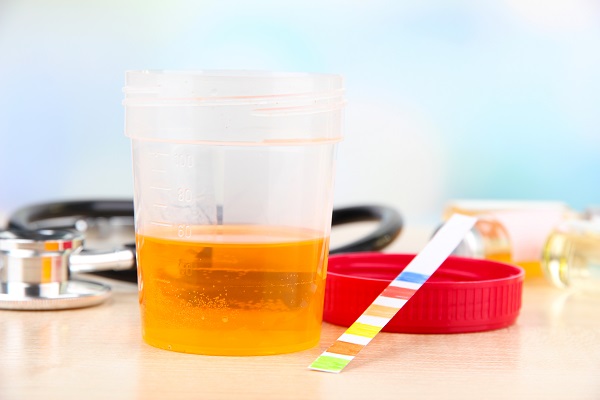One way to address or prevent problems in the workplace is through judicious use of drug and alcohol testing. Tests, which applicants can agree to undergo in return for being considered for a job and employees can agree to in their employment agreements, determine whether a person shows evidence of recent use of alcohol, prescription drugs, over the counter drugs, or illegal drugs.
Samples can be collected at a private laboratory that follows best practices on collecting, labeling, and testing the specimen. Since results of a drug test can be considered personal health information, employees must sign a release, generally at the time they take the test, for their results to be shared with employers.
Drug testing random members of your workforce unexpectedly can be a great motivation for others who want to retain their employment to stay clean, especially when accompanied by training, education, and a clear corporate policy. Use drug testing as an early way to identify problems and refer the employee to the right treatment while keeping your workplace safe for the remainder of your staff.
In Minnesota, employers are allowed to request drug tests for applicants after an offer of employment has been extended as well as when it feels it is appropriate. Employees can undergo random drug testing, periodic test, testing when there is a reasonable suspicion of a problem, and testing after an accident has occurred. There is no positive duty to drug test employees and employers are allowed to set their own policies around what makes sense for their business and industry. Certain licensed professionals that are governed by licensing boards may be required to take drug tests and undergo screening as part of maintaining their license.
While testing can show whether certain chemicals are in a person’s system, they cannot show whether that person was impaired at a certain time. Different drugs have chemical markers that linger in the system for different amounts of time, causing a person to test positive long after the effect of the drug has worn off. You should be aware of how long these markers are in a person’s system. Alcohol, for example, quickly clears out of the bloodstream, so quick testing after an accident is important to determine alcohol impairment. A further detail to be aware of is that over-the-counter and prescription drugs can often mimic illegal drugs, so it’s important to determine which may have caused the issue rather than leaping to a conclusion based on test results.
If you’re considering implementing drug and alcohol testing for your workforce, or are faced with an issue as a result of an inaccurate test, contact the attorneys at Virtus Law Firm. We understand the best practices for implementing testing, setting up policies, and reviewing test results and can advise management on how to get the benefits of drug testing without losing their entire workforce or key employees. Call us today at 612.888.1000 or email info@virtuslaw.com. As experienced employers and business attorneys, we can help you make the right decision and set the right policies for your workforce.

